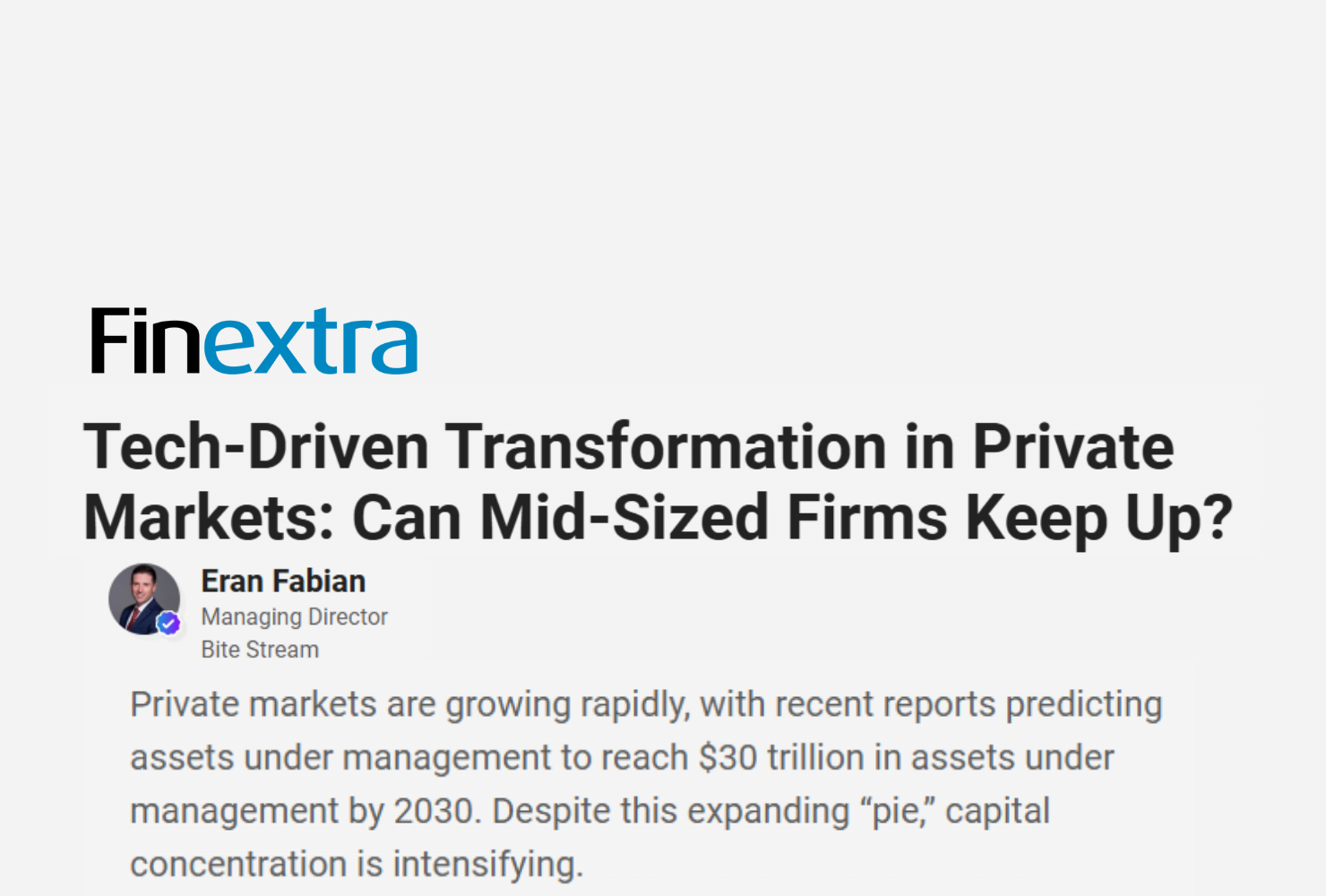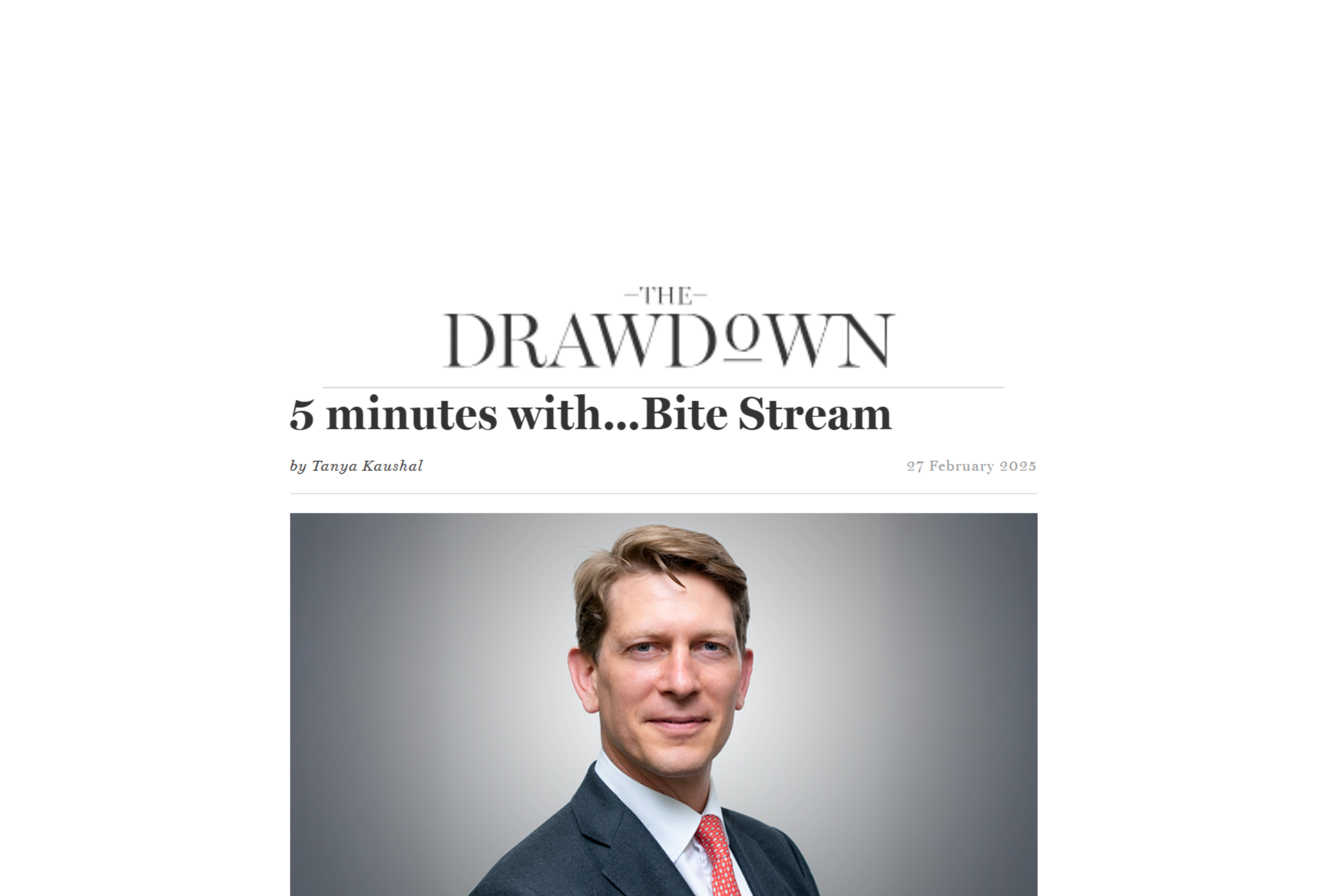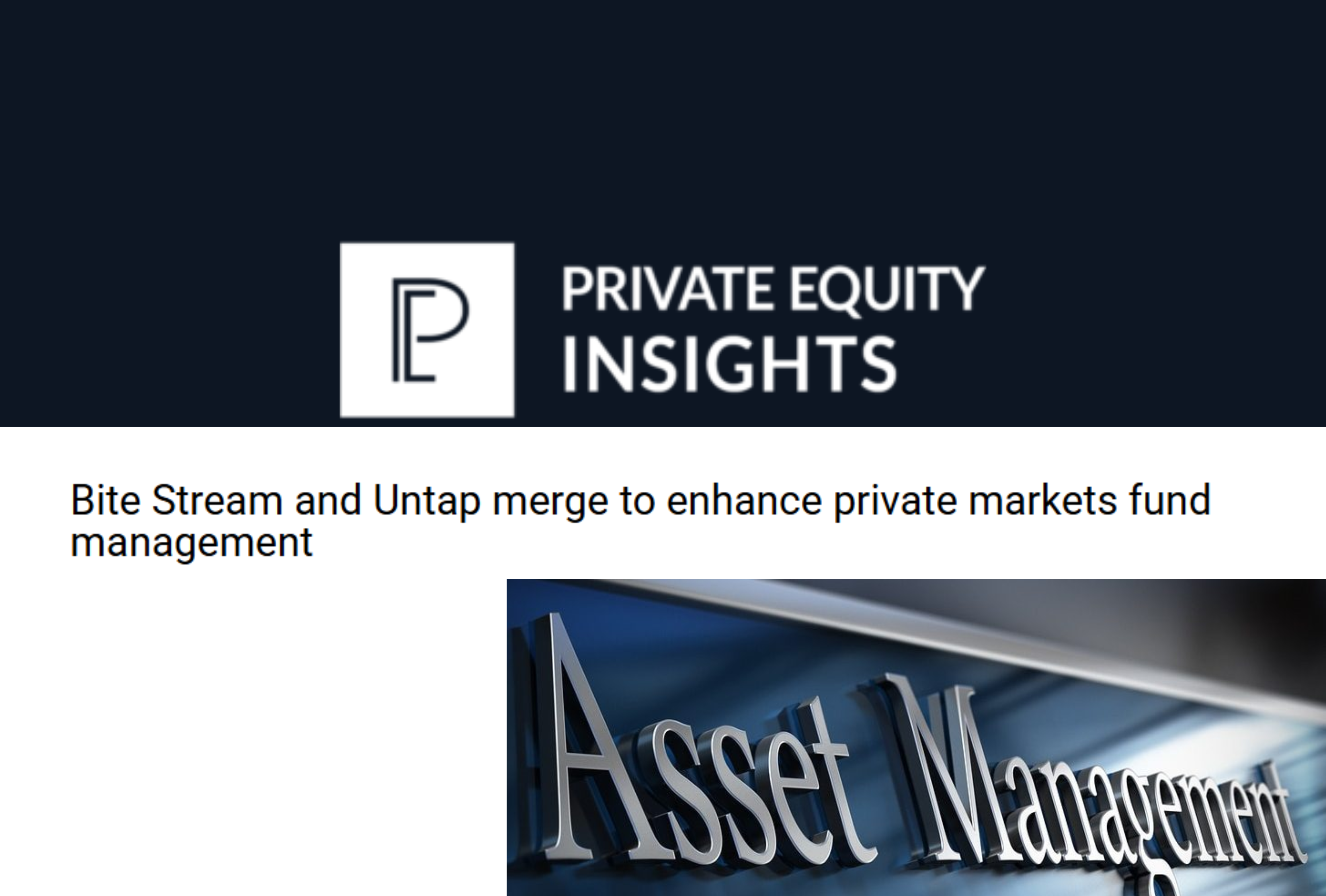By William Rudebeck, Co-Founder and CEO of Bite Investments
Despite our unprecedented times and market volatility, the private equity market is experiencing steady growth. According to GlobalData’s proprietary forecast, global private equity assets under management (AUM) reached USD4.5 trillion in 2019. As of December 2020, they were estimated to be USD4.7 trillion.
Looking ahead, this sector is projected to record a CAGR of 7.4 per cent from the end of 2019 to 2024. If you look at the private equity allocations of high-net-worth (HNW) investors, it is apparent that the sector is heading toward more growth. At present, HNW investors are allocating 3.4 per cent of their onshore wealth to private equity.
There are several pronounced drivers that are prompting HNW investors’ increasing demand for private equity, and their wealth managers to look more closely at alternative investments.
HNW investors’ growing private equity allocations
The proportion of onshore wealth HNW investors are expected to allocate to private equity by the end of 2021, is 4.4 per cent. There are, however, regional differences. HNW investors in the United Kingdom and Germany lead in their private equity allocations at 8.8 per cent and 5.3 per cent respectively. This is in contrast to allocations of 2 per cent in China, which while lower than other regions, is growing rapidly.
Other areas in the Asia Pacific region are mixed with demand growing in India, projected to rise from 5.1 per cent in 2020 to 7.6 per cent in 2021. As the perception that gains in the bond market offset losses in the stock market no longer prevails, investors have been gravitating towards alternative investments, particularly in light of current economic conditions which are challenging the traditional bond-equity correlation. This is expected to further fuel more HNW investor demand for alternatives.
Based on GlobalData’s 2020 Global Wealth Managers Survey, 44.6 per cent of wealth managers concur that HNW investor demand for this asset class will continue to grow over the next 12 months. Only 13.4 per cent expect a decline. Alternative investments already hold a strong position in the global HNW investor portfolio as demonstrated by HNW investors’ 10.4 per cent allocation of their offshore wealth to this sector, up from 6.2 per cent in 2019 (GlobalData).
What’s driving HNW investors’ interest in private equity
HNW investors do have some common traits that influence investments. Many built their wealth as entrepreneurs and C-suite executives where they were routinely exposed to various risks relating to liquidity, market fluctuations and economic conditions. Their tolerance for risk is likely greater than that of other investors, as is their view of risk and return. It is understandable therefore that they may be especially frustrated with the yields traditional asset classes provide. Return on investment (ROI) is a key driver of HNW investment decisions. Given today’s negligible inflation, returns on bonds and deposits have been lackluster, causing HNW investors to look elsewhere for higher returns.
The stock market too poses its own concerns with growing fears that many equities are overvalued. Stock prices are heavily dependent on low rates and, while cheap money continues to fuel the market and inflation does not pose a risk for the 2 foreseeable future, there remain risks. These are associated with the pandemic and a return to normal, the limited resources of central banks, and potential policy errors negatively affecting financial markets.
The private equity market has not been spared either. Global private equity buyout and exit transactions have decreased by 60 per cent and 72 per cent respectively between January 2020 and April 2020 according to Goby. Still, Deloitte’s citing of private equity firms holding of USD1.5 billion in dry powder to invest and strengthen portfolio companies bodes well for this sector. This is not lost on HNW investors who believe that private equity firms will be able to capitalize on recessionary pressures making private equity investments more attractive to them.
Market volatility is clearly a driver of HNW investors’ greater focus on diversification leading them towards alternative investments. In 2020, the CBOE VIX Volatility Index showed an average closing price of 29.25; an 11-year high. The first few weeks of 2021 indicates continued volatility with an index averaging 23.3. The benefits of asset diversification, combined with low correlation to financial markets and increased financial market volatility, are currently driving 40 per cent of alternative investment allocations. HNW investors are becoming much more sophisticated and knowledgeable about all of these factors and how they impact their portfolios’ performance. 63 percent of wealth managers attest to this based on the GlobalData survey. This knowledge is also making them more confident investors, open to new investment ideas and working with more investment providers.
In 2020, HNW investors used an average of 4.6 providers, up from 2.9 in 2017 based on the GlobalData survey. To support their interest in alternative investments, wealth managers will need to further educate their clients regarding these sophisticated investments, thereby building greater trust and confidence in their investment decisions.
What is also driving HNW investors’ interest in private equity is the appeal of its exclusivity. After all, not every investor has the wealth to invest in this market which has traditionally demanded extraordinarily high minimum investments. The exclusivity factor is more prevalent in some areas than others. In China and Singapore, for instance, it is an important driver of HNW investors’ growing interest in alternative investments. For wealth managers, being able to offer investments such as exclusive private placements will be important. Still, for providers serving niche markets, leveraging their specialized expertise will continue to be key.
Where digitization factors in
Until recently, offering alternative investments has been challenging which is why only 40 per cent of wealth managers do (GlobalData), despite the growing demand and opportunities. That, however, is changing due to the influx of advanced fintech platforms that are streamlining otherwise onerous processes involved with alternative investments. These platforms are leveraging digitization to offer HNW investors and their advisers a seamless, end-to-end investment process that automates the entire investor journey, from client suitability and investment selection, through complete regulatory and compliance, know your customer (KYC), anti-money laundering (AML) processes, reporting and due diligence. The platforms enable investors and advisors to track and monitor investment performance online at any time, from their desktop and mobile devices.
Alleviating the obstacles
Even with new digital platforms, accessing alternative investments has not been easy despite the growing demand. Typically, minimum investments are in the USD25 million ranging. This has made these investments prohibitive even for qualified and sophisticated investors. Another obstacle has been the long lock-up periods involved – from 10 to 12 years. This is because alternative investments have largely been the domain of institutional investors such pension funds and sovereign wealth funds. New business models are now removing these deterrents by offering alternatives at lower minimum investments.
The private equity secondary market also has been growing rapidly over the past decade and now represents an active platform where investors can achieve key goals of private investment diversification and portfolio balancing, further driving growth in private equity.
Supporting wealth managers
For wealth managers to meet their clients’ growing appetite for private equity investments, there are certain measures that should be taken. An investment in technology is essential. Not only will the right platform facilitate improved efficiency by digitizing complex regulatory and compliance processes, along with KYC, AML, reporting and due diligence, but it will also project a more client-centric service. If you consider intergenerational wealth transfers that are already underway and the younger generation’s expectation of online and mobile access to their financial and investment accounts, it is obvious that not deploying efficient, end-to-end technologies will seriously compromise a wealth manager’s ability to compete.
Wealth managers have options in this matter. They can partner with a reputable, market-responsive fintech firm which will enable them to better serve HNW investors and give them access to a broader range of alternative investments not ordinarily available to many private wealth managers. They also can implement bespoke tech solutions depending on their clients’ needs. All of the data points to the growing opportunity private equity represents for HNW investors and their advisors. All that is required is a willingness to adopt new technologies and new strategies to meet the accelerating demand.
Bite Investments (www.biteinvestments.com) is a fintech company focused on alternative investment opportunities and private market strategies for investors and advisors looking to diversify their/their clients’ portfolios.




